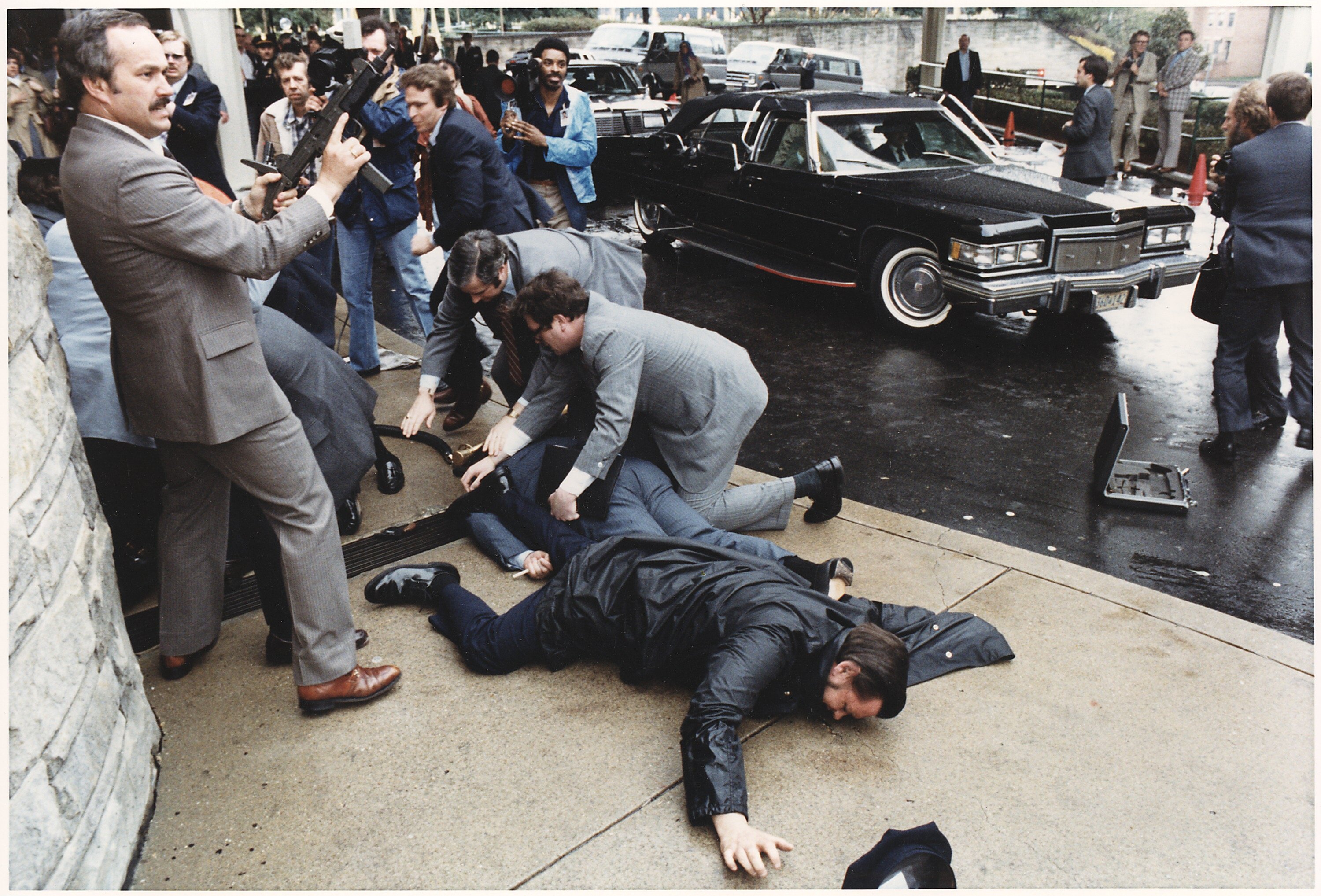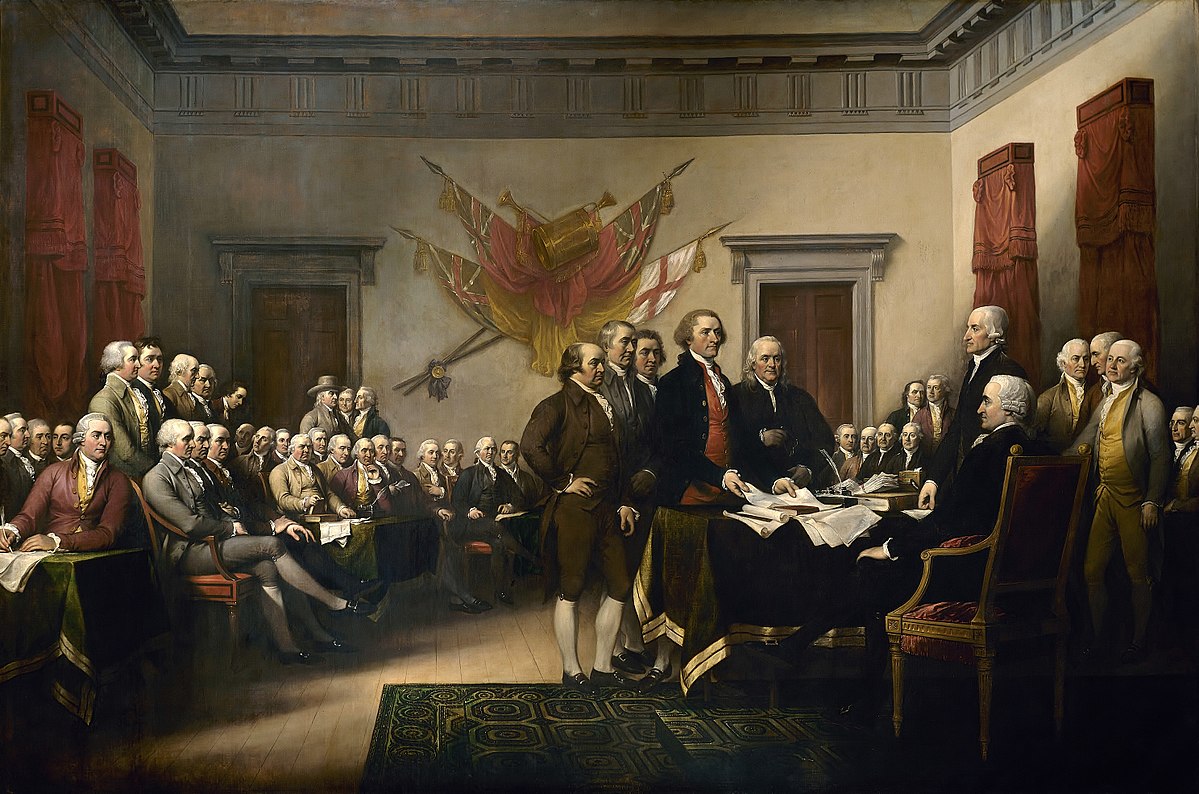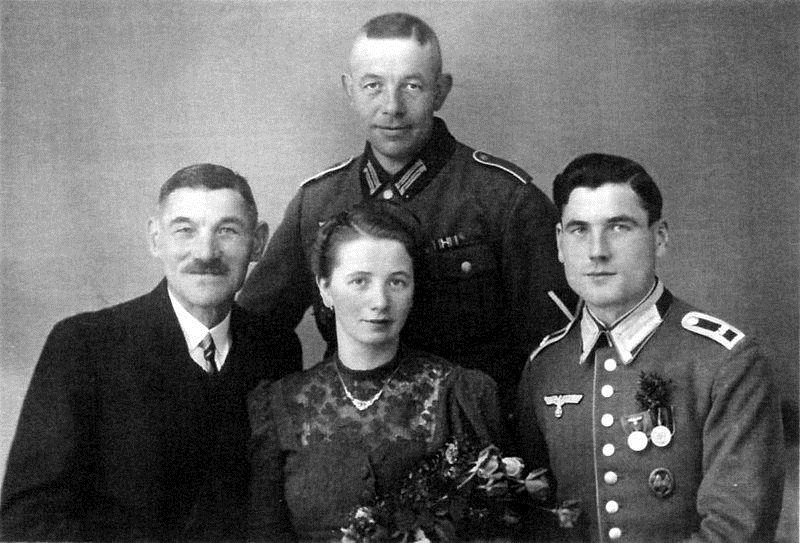Paul Ratner
Contributing Writer
Paul is a writer, filmmaker, and educator. He has written for years for Big Think and other outlets on transformative scientific research, history, and current events. His award-winning films like the true-life adventure "Moses on the Mesa" and the science documentary "The Caveman of Atomic City" have played at film festivals around the world. Paul also organizes numerous unique educational events, renowned film festivals, and competitions for thousands of people. He has degrees from Cornell University (BA) and Chapman University (MFA). You can follow Paul's work at paulratnerimagines.com, on Instagram, and Facebook.
Researchers find the “neural clock” that orders and timestamps experiences and memories.
An increasingly likely catastrophe can cause major disruptions in space flight and our daily lives.
Dietary rules need to consider the land needed to grow the food, cautions new study.
A Japanese astronomer shows that the Milky Way galaxy was formed in two stages, “dying” in between.
A steel worker becomes an unlikely viral star for his ability to touch molten metal.
An MIT model predicted when and how human civilization would end. Hint: it’s soon.
A new study proposes that a ‘D-factor’ can measure just how evil people are.
A theory of history says America is in the grips of a crisis called “The Fourth Turning” that will change it forever.
A new paper strengthens the theory that black holes are like balls of space yarn and debunks the idea of “firewalls”.
A new study shows that some men’s reaction to sex is not what you’d expect, resulting in a condition previously observed in women.
Being an American president is a powerful but dangerous job, a fact shown by many assassination attempts.
A new poll highlights the dramatic influence of partisan thinking in the U.S. with regards to key principles of international law.
An online conspiracy theory about President Donald Trump is now affecting people and politics in real life.
A new study reveals the most popular conspiracy theories believed by Russians.
The Russian intelligence agency KGB was legendary for its spycraft, violent methods, and far-reaching influence on world affairs.
A new study finds that people who do good are often ridiculed and punished by their co-workers and friends.
The afterglow of sex can lead to a greater sense of well-being, show researchers.
The continuing cyber threats to American democracy expose the serious vulnerabilities of its Internet and call for dramatic changes.
A new study looks at how lobbying expenditures affect climate change legislation.
In 1936, Hitler ordered the construction of Prora on a German island. The reasons for its existence are rooted in Nazi mysticism.
Psychologists figure out how men and women view engagement rings in light of how hot they think they are.
The Thai boys soccer team rescued from underground caves was helped in survival by meditation practices led by its coach – a former Buddhist monk.
There is a reason why anti-vaxx attitudes are hard to shake, explains a new study.
Researchers study wolves in the area contaminated by the Chernobyl nuclear disaster and what happens when they leave.
There is a more accurate date for when American independence from Great Britain was declared.
A study finds that when checking genetic ancestry, people cherry-pick which ancestors they identify with and which ignore.
Alexandria Ocasio-Cortez’s surprising win over an establishment politician underscores the rising passion of the far left.
The new AI droid just sent to space by Elon Musk’s SpaceX can assist astronauts in many tasks.
A study finds a link between sex hormones and level of religiosity.
A large analysis shows that many species are completely changing their habits to avoid humans.





























